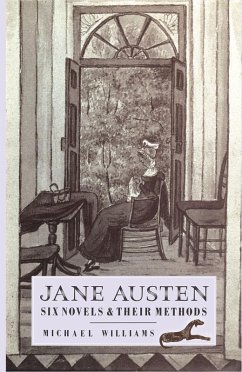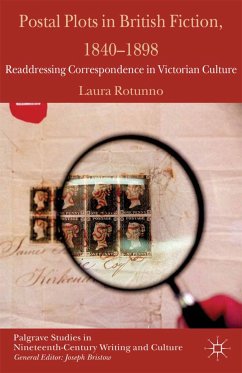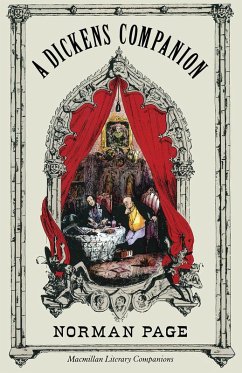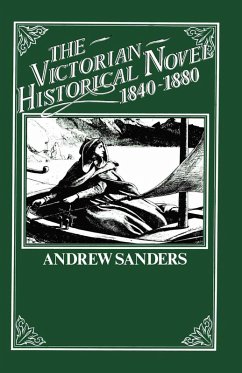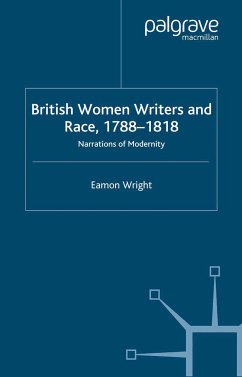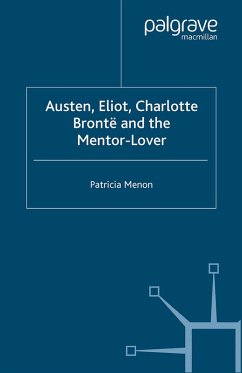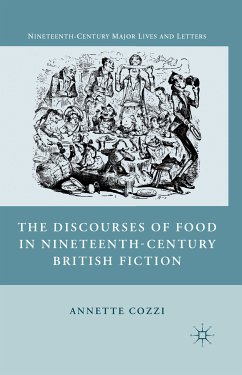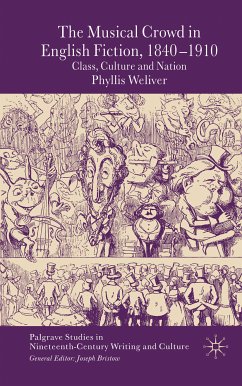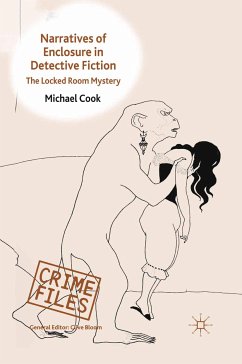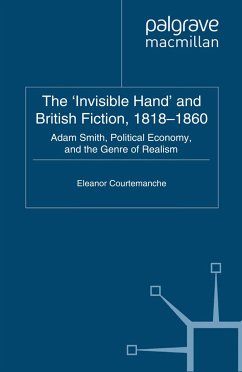
The 'Invisible Hand' and British Fiction, 1818-1860 (eBook, PDF)
Adam Smith, Political Economy, and the Genre of Realism
Versandkostenfrei!
Sofort per Download lieferbar
40,95 €
inkl. MwSt.
Weitere Ausgaben:

PAYBACK Punkte
20 °P sammeln!
The 'invisible hand', Adam Smith's metaphor for the morality of capitalism, is explored in this text as being far more subtle and intricate than is usually understood, with many British realist fiction writers (Austen, Dickens, Gaskell, Eliot) having absorbed his model of ironic causality in complex societies and turned it to their own purposes.
Dieser Download kann aus rechtlichen Gründen nur mit Rechnungsadresse in A, B, BG, CY, CZ, D, DK, EW, E, FIN, F, GR, HR, H, IRL, I, LT, L, LR, M, NL, PL, P, R, S, SLO, SK ausgeliefert werden.



